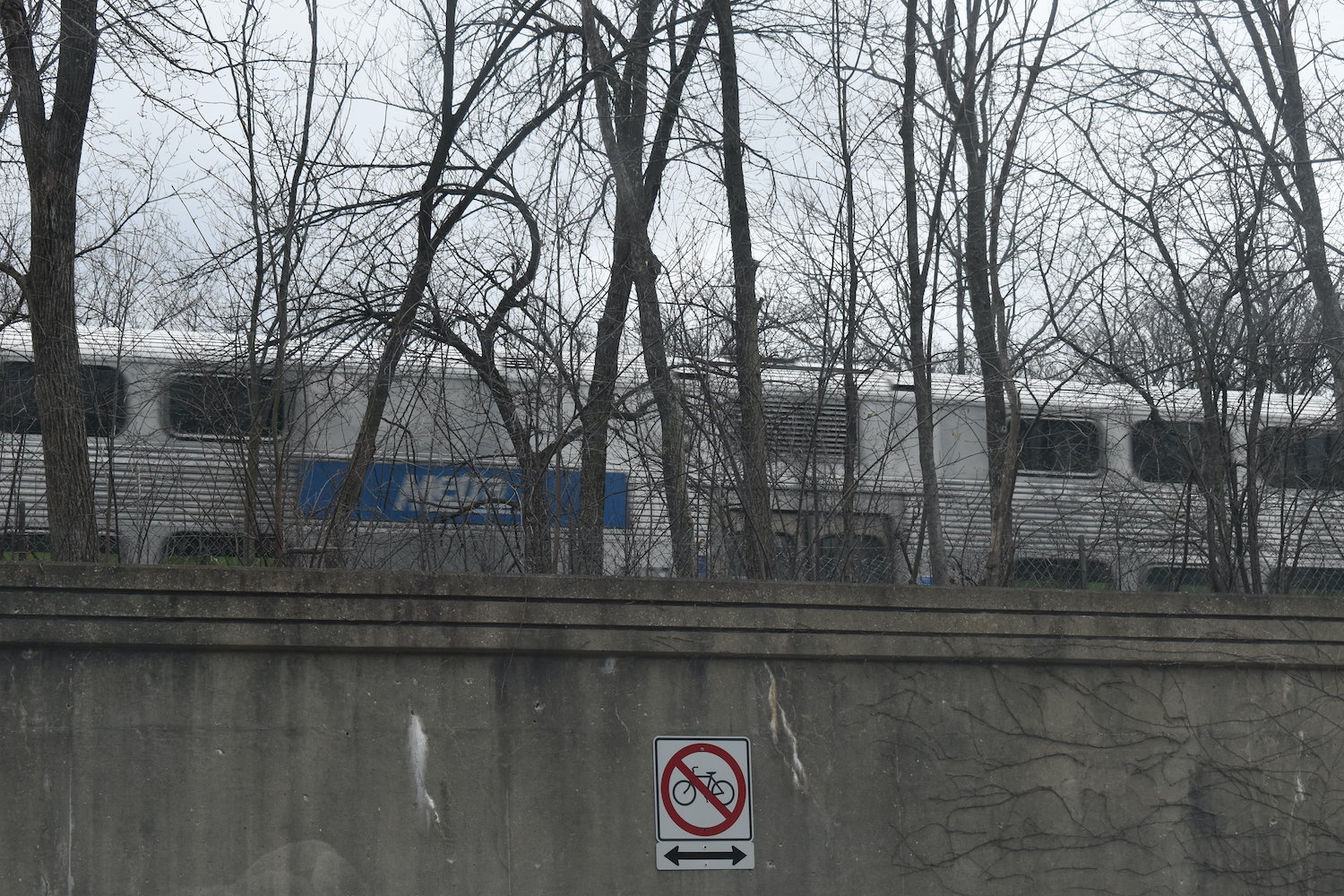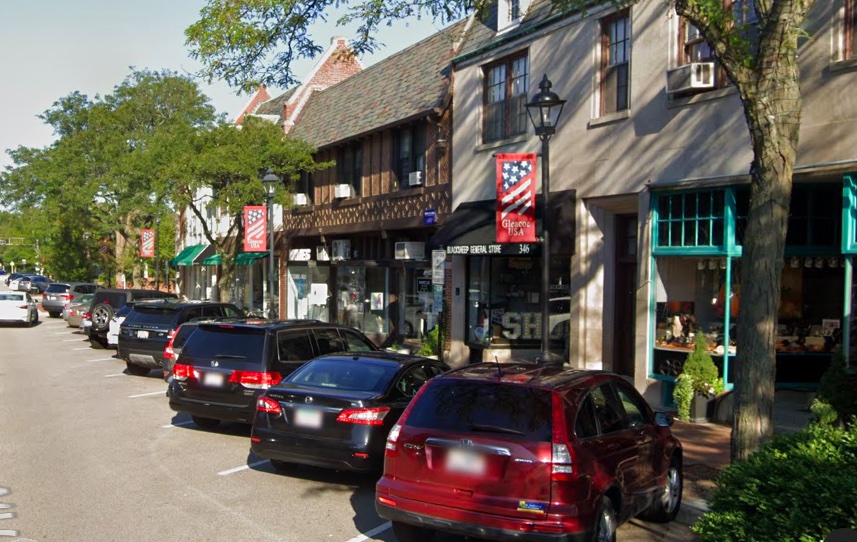
Transit agencies say regional one-day pass coming ‘very soon’
(Editor’s Note: This story was reported by Igor Studenkov for the Evanston RoundTable, a neighboring independent newsroom. It was shared with The Record as part of an ongoing collaborative effort.)
Ten months after CTA, Metra, Pace and RTA signed an intergovernmental agreement paving the way for the first one-day transit pass that would work on most Chicago area trains and buses there is no clear timeline for when it might actually become available. But that doesn’t mean the project has been treading water.
The app-only pass was announced in June 2024. No updates came until April 9, when Chicago Transit Board approved an amendment to the IGA. Metra and Pace boards of directors followed suit on April 16. While CTA described it as a minor change, Metra spokesperson Michael Gillis said that the amendment changed the nature of the pass.
While original IGA described it as a standalone pass, with Metra, CTA and Pace splitting the revenue, Gillis said that the pass would now be an add-on to existing Metra One-Day passes. Metra offers a Regional Connect Pass, a $50 add-on to a Metra monthly pass that allows it to work on CTA and Pace as well. This means that there would be no need to share revenue with Metra, and the IGA had to be updated accordingly.
The Regional Day Pass would be especially useful in the suburbs like Wilmette, which is served by multiple systems. The transit officials remained mum on when the pass might launch, but according to the memo to the Metra Board of Directors, the amendment will take effect May 1.
The road to the regional day pass
CTA had a one-day pass that worked on all of its buses and trains from 24 hours for decades. In 2004-2008, Pace allowed CTA passes to be used on its buses, but it reduced the scope of the agreement amid the recession, so only special CTA/Pace 7 Day passes and 30-day passes would work on both systems.
In 2023, Pace started accepting one-day and three-day CTA passes again. As ridership struggled to recover post-pandemic, all three transit agencies tried to attract more riders by, among other things, trying to improve the riding experience. CTA and Pace thought making cross-compatible passes would encourage more riders to use both systems.
The Regional 1-Day Pass would remove another barrier.
One issue that has stymied any attempts to integrate fares is that CTA and Pace fares are trip based (riders pay the same fare per ride no matter how far they ride), while Metra fares are distance-based (fares are set based on how far the riders travel).
Historically, Metra allowed monthly pass users to buy stickers that let them use the passes on CTA and/or Pace as well. When the Ventra app was introduced, riders could buy add-ons for monthly passes.
During the pandemic, Metra introduced a $10, systemwide one-day pass and a $6 pass that was good for up to three fare zones. While Metra had a systemwide weekend pass for decades, during the pandemic, it introduced a one-day $7 systemwide weekend pass as an option for riders who don’t need to use it on both Saturday and Sunday.
Metra also introduced a systemwide Super Saver monthly pass, which, combined with the CTA/Pace add-on, created the first pass that worked anywhere on all three systems.
The February 2024 Metra fare revamp made the one-day pass fare zone-based, costing the equivalent of two one-way tickets. The Regional Connect add-on has been app-only.
Changes to the pass
The original agreement set the weekday Regional Day Pass prices at the price of a Metra One-Day Pass, plus $2.50. On weekends, the pass would cost a flat $10, because it was to be an extension of the existing $7 one-day weekend pass.
Under the original agreement, CTA and Pace were to get $4 for every weekday day pass sold and $4.20 for every weekend day pass sold, with Metra keeping the rest. The CTA/Pace revenue split would be based on the earlier revenue-sharing agreements.
The revenue split has now been changed.
“The original IGA split the reimbursement between Metra, CTA and Pace; the new one provides reimbursement only to CTA and Pace,” Gillis said. “Metra will not need to be reimbursed because riders will have to buy a Metra Day Pass or Saturday/Sunday/Holiday Day Pass in the Ventra app before adding the CTA/Pace portion, so we will be getting our share at purchase. “
When asked why the pass implementation has been taking so long, Gillis said that “The pass has been in development with Cubic,” the company that created Ventra, “since it was approved last year.”
During the Chicago Transit Board meeting, CTA Chief Innovations Officer Molly Poppe declined to give any timeline for when the new pass would debut, saying only that it would be “very soon” and that “the board will be the first to know” when she has a launch date.
“We’ve been doing some testing,” Poppe said. “It looks pretty good.”


